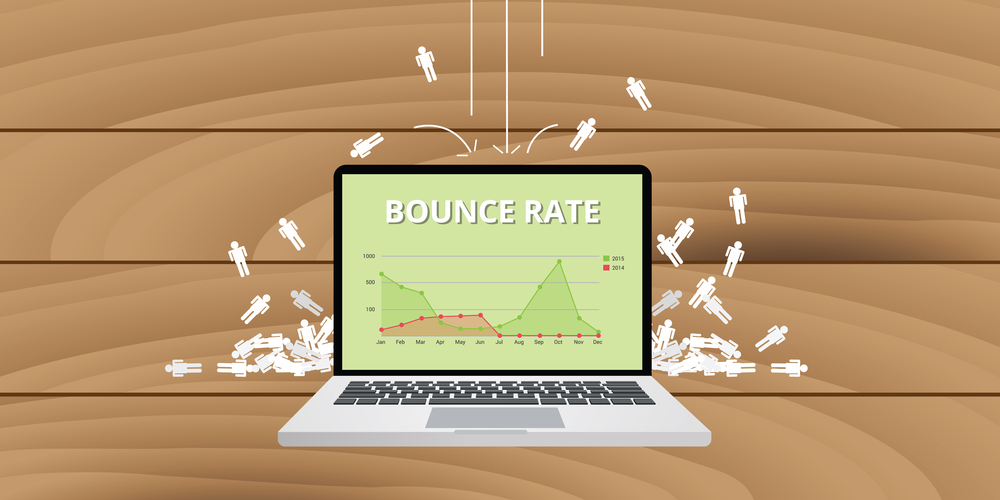09 Jun

|
Getting your Trinity Audio player ready...
|
More and more companies adopt digital transformation. To do so, they opt for cloud services to improve their infrastructure, ease the workload, and automate numerous tasks. As a result, data as a service (DaaS) is now one of the most popular solutions for firms in all industries. Using DaaS, companies can reduce processing time, lower costs, and improve the quality, accuracy, and reliability of all their data. Let’s see what DaaS means and how companies are harnessing data as a service.
Table of Contents
What is data as a service (Daas)?
DaaS is similar to software as a service (SaaS), but companies get access to data instead of access to the software. This is known as a cloud computing strategy that provides end-users with raw data or API access.
Instead of running this software on the local devices, the software runs over the network. Like SaaS, DaaS means that companies outsource their data storage needs, processing operations, and even analytics services using the cloud.
DaaS is a newer concept that is currently implemented by more and more businesses. This is because nowadays, many large-scale platforms and databases make data as a service not only accessible but also highly practical. In general, companies that use data as a service enjoy several benefits:
- DaaS means access to transparent, simple, and unified data, so firms can implement changes quicker than their competitors.
- Cost efficiency as unified data models are shared with the entire company, ensuring team cohesion, transparency, and data availability.
- Data as a service ensures that the company has access to more transparent, accurate, and reliable data.
- Easy data transfers across platforms.
- Data is managed by data services, so quality is improved since there is only one point of control that ensures data consistency and accuracy through automatic updates.
How companies are harnessing data as a service?
Boost sales
If you use data as a service, one of the main advantages is that the data quality is the provider’s responsibility. As a result, you will never use outdated or redundant data points that can impact the success of your business. This is extremely important because firms may spend lots of time and resources on data management instead of focusing on their customers.
Data as a service can also be used to improve sales. For instance, if a B2B company uses DaaS, they can use firmographic data to find out which companies have recently expanded to new locations or maybe received more funds. This allows for granular insight into current and potential customers, so you can concentrate your sales team’s efforts on the right market segments.
Lead generation
Data as a service is used by numerous companies for lead generation. This is because DaaS offers access to fresh online data, so firms can find and contact potential customers that express their interest in certain products online. For example, a company that manufactures furniture can use DaaS to find people who posted on social media that they are interested in buying furniture and approach them.
This type of information is not only helping to generate leads but also to increase the conversion rate. This is because you can easily narrow down your audience and concentrate your marketing efforts only on potential customers that already exhibit a certain level of interest in your products or services.
Streamline operations
Lack of data flow within the company or inconsistent data between different departments can lead to numerous errors and inefficiencies. Regardless of the company type, data as a service helps automate the information flow, ensuring that it is consistent and transparent. For instance, one department might collect information that is useful to other departments. In this case, DaaS allows for data flow by ensuring that the entire company has access to the same data.
Additionally, all data management is outsourced. This not only eases the workflow but also ensures that the data is fresh and up to date. Business decision-makers can use all insights derived from outsourced data to make quick changes, mitigate risks, or identify new opportunities to improve the bottom line.
Improve research
As DaaS offers access to a broad range of data, according to your needs, many businesses use this information to improve the quality of their research. For instance, firmographic data provides a deeper insight into your competition, such as opening new offices or downsizing. DaaS can also be harnessed to spot market opportunities, conduct insightful market research, and improve the quality of your forecasts.
Summary
Data as a service has quickly become a force that can be harnessed to achieve a competitive advantage. Many specialists see it as a growing market as more and more firms use DaaS for business intelligence, investment intelligence, competitive advantages, and many more. This represents an excellent alternative solution for businesses that cannot afford data management or wish to outsource data in order to add value and improve numerous processes.


